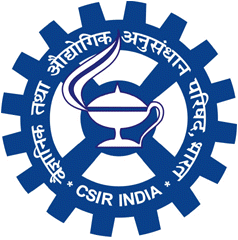Treatments Focus
Hematologic Cancer
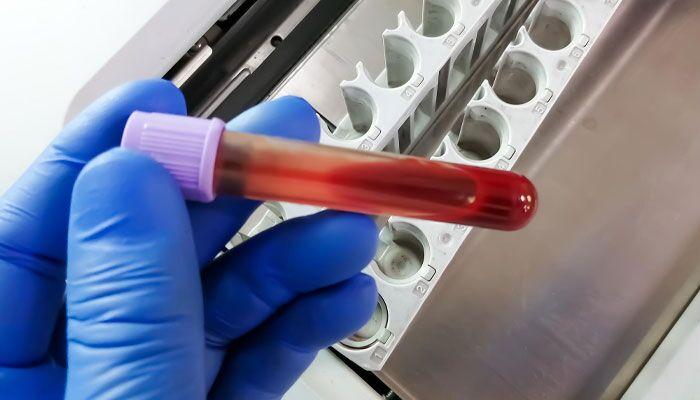
Most hematologic cancers, also known as blood cancer, start in the bone marrow, where the blood cells are produced and matured. Stem cells in your bone marrow grow and divide into three types of blood cells: red blood cells, white blood cells and platelets.
When the normal blood cell development process is interrupted, it results in either drastically increased or decreased levels of immature blood cells, resulting in cancer.
Broadly there are three types of blood cancers:
- Leukemia (of blood and bone marrow in general)
- Lymphoma (of lymphocytes, a kind of white blood cells)
- Myeloma (of plasma cells, a kind of white blood cells)
Recent genome advancements have made it possible for prediction of blood cancers and understanding the risk percentage of blood cancer by analysing individual’s gene make up and family history.
Shortness of breath
Swelling in the legs, ankles, and feet
Irregular heartbeat
Sudden weight gain
Risk Factors of Haematological Cancers
- A family history of haematological cancers
- A personal and family history of longstanding blood count abnormalities of unknown cause
- A family history of know inheritable forms of blood cancers such as:
- Familial platelet disorder with propensity for myeloid malignancies (RUNX1 mutation)
- Familial MDS/AML due to GATA2 mutation
- Familial AML due to CEBPA mutation
- Telomere syndromes or other inherited bone marrow failure conditions
- A personal or family history of following blood abnormalities:
- Fanconi anaemia
- Diamond-Blackfan anaemia
- Shwachman-Diamond syndrome
- Dyskeratosis congenita/telomere biology disorders
Common genes responsible for haematological cancers
Although there are many genes that may be responsible for development of haematological cancer, aberrations in the following genes are the most common:
- RUNX1 gene
- CEBPA gene
- GATA2 gene
Assessment of Haematological Cancer Risk
Assessment of cancer risk is recommended who is at high risk based on the factors mentioned above. The following tests and assessment can be performed to assess the cancer risk in a vulnerable person:
- Detailed family history including analysis of at least 3 generations
- Personal history
- Bone marrow assessment through biopsy and aspiration
- Relevant genetic tests for chromosomal abnormalities
Anybody undergoing cancer risk assessment process should be thoroughly counselled by experts and further recommendation should be provided for clinical follow-up and screening.
FAQ's :
References:
- Blood cancers. American Society of hematology. https://www.hematology.org/education/patients/blood-cancers Accessed on 01-06-2022
- Hematologic cancer. National cancer institute. https://www.cancer.gov/publications/dictionaries/cancer-terms/def/hematologic-cancer Accessed on 01-06-2022
- Mayo Clinic. https://www.mayoclinic.org/diseases-conditions/leukemia/symptoms-causes/syc-20374373 Accessed on 01-06-2022
- Risk Factors for Acute Myeloid Leukemia (AML). American Cancer Society. https://www.cancer.org/cancer/acute-myeloid-leukemia/causes-risks-prevention/risk-factors.html Accessed on 01-06-2022
- Blood cancer. Cancer treatment centers of America. https://www.cancercenter.com/blood-cancers Accessed on 01-06-2022
Related Articles
Book an Appointment to understand how GenepoweRx can help you in treating
Hematologic Cancer
Meet The Doctors
Dr Kalyan Uppaluri
Dr Hima Challa
Your genetics … Your Test ... Your Health Success
It’s always the word of mouth that’s the best advice. Here are some of our…
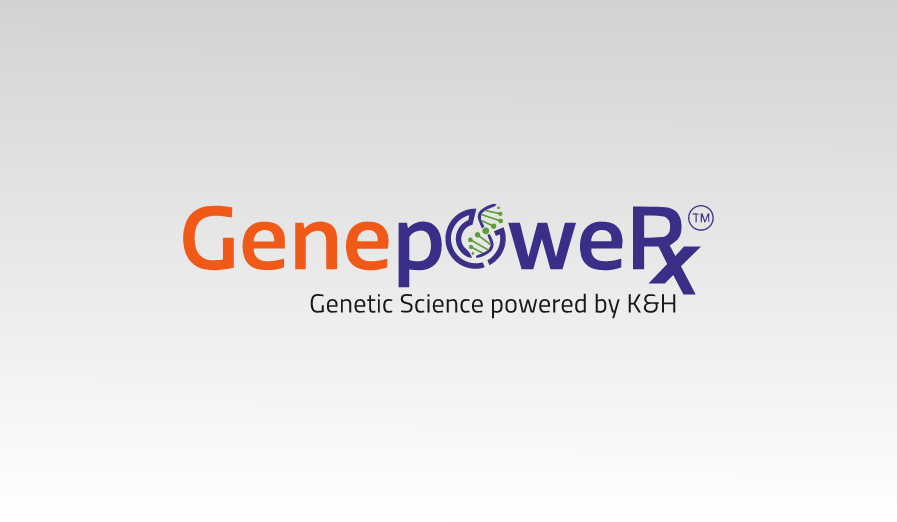

Our Partners
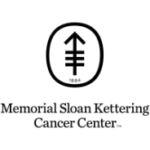

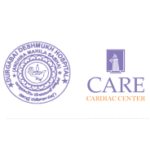


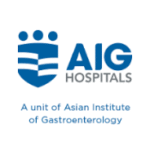
Professional Partnerships
Government Association
